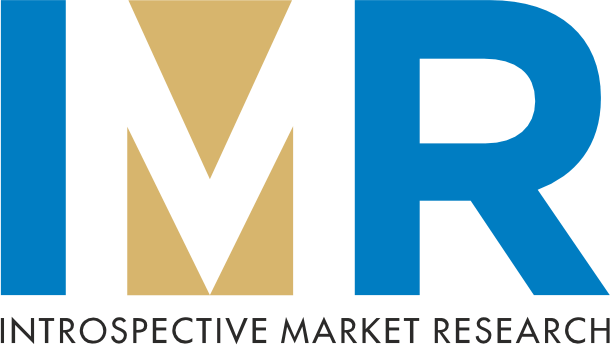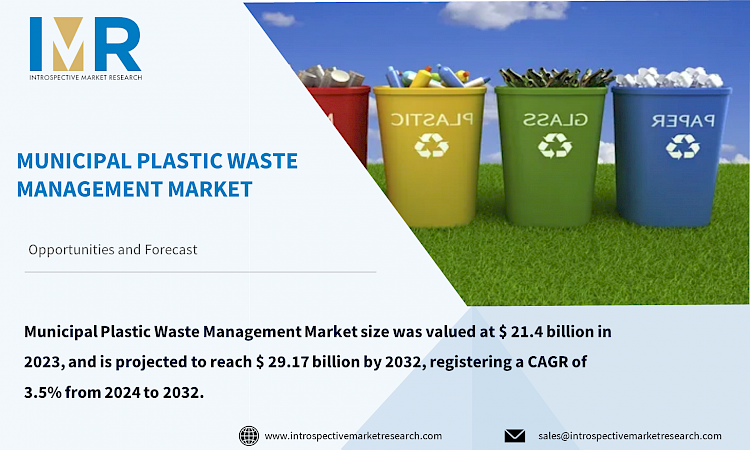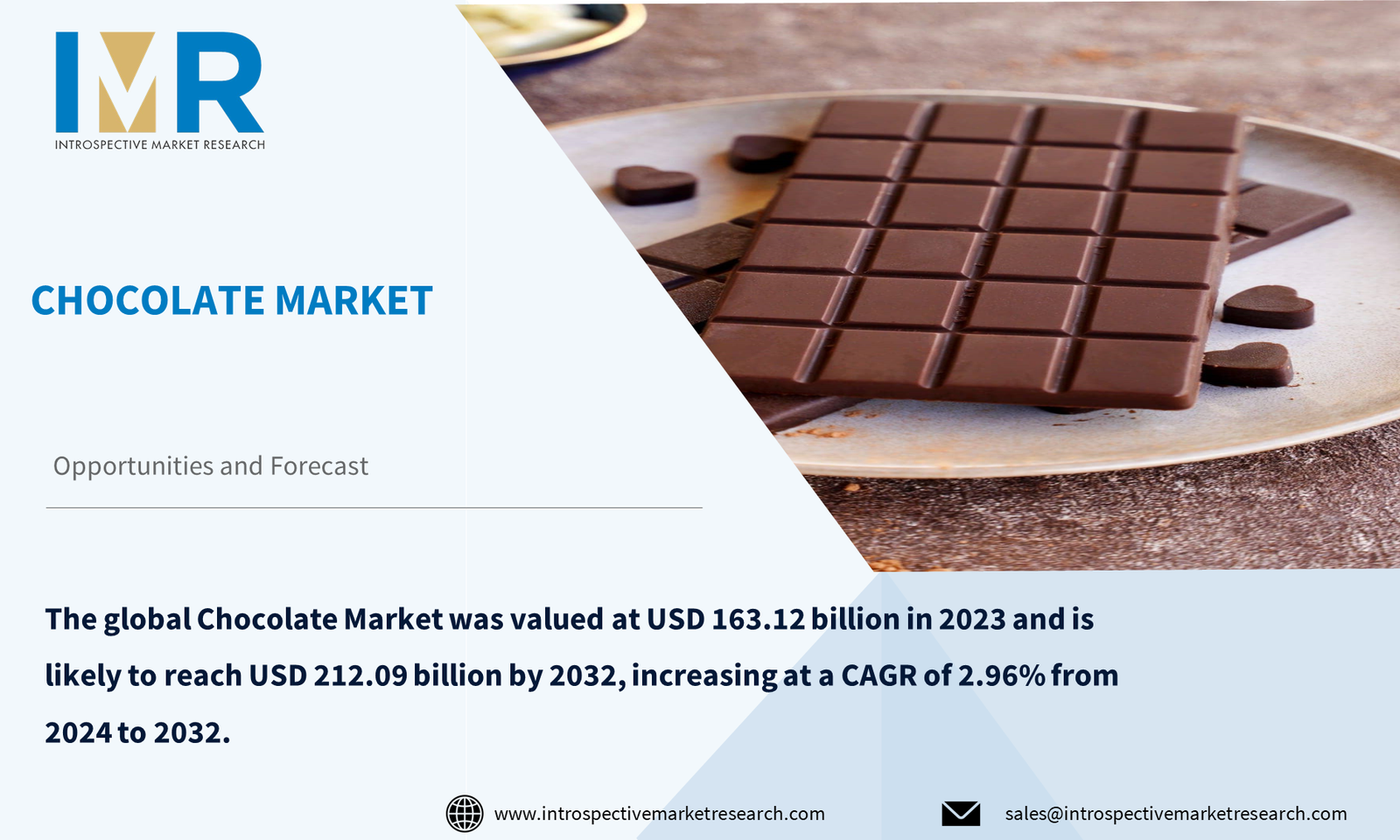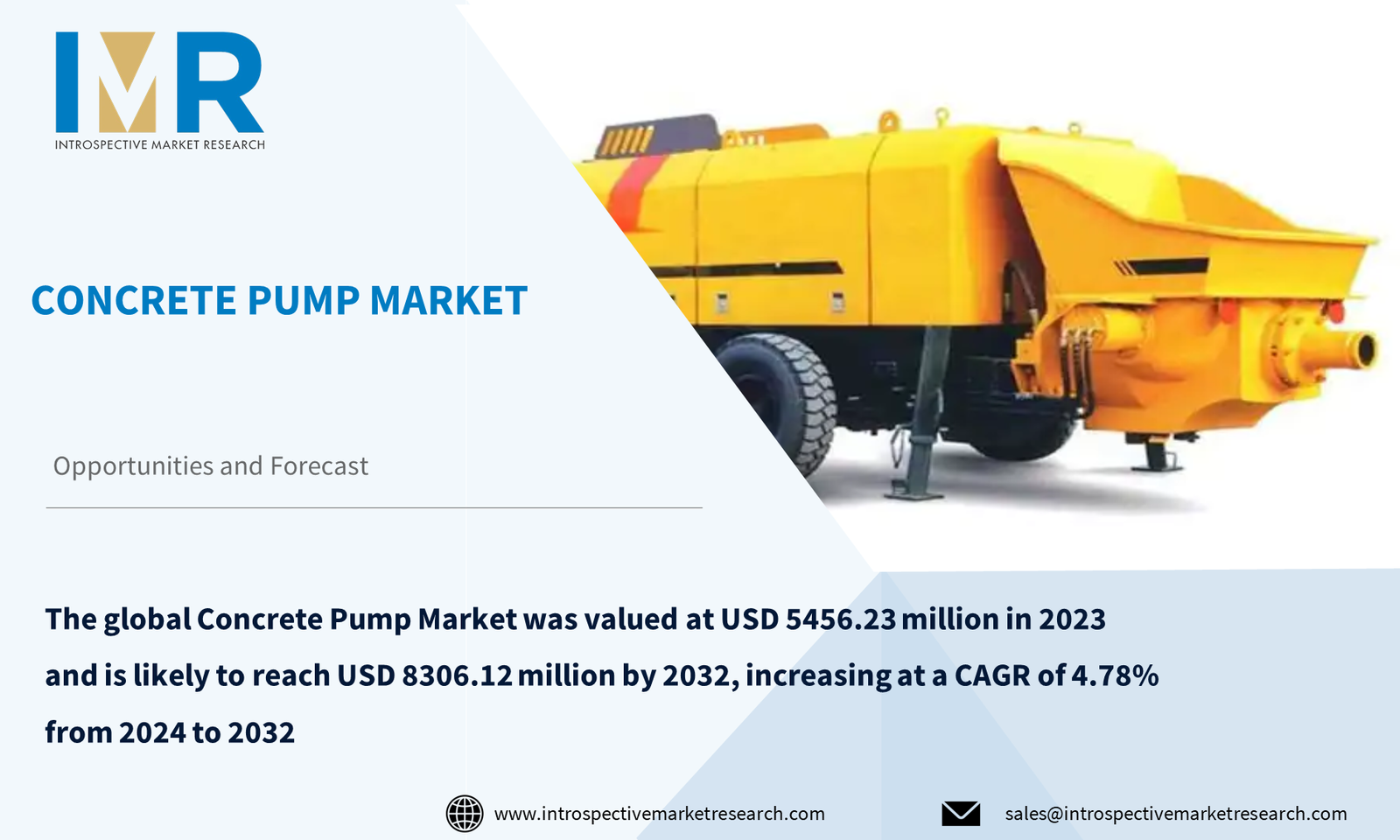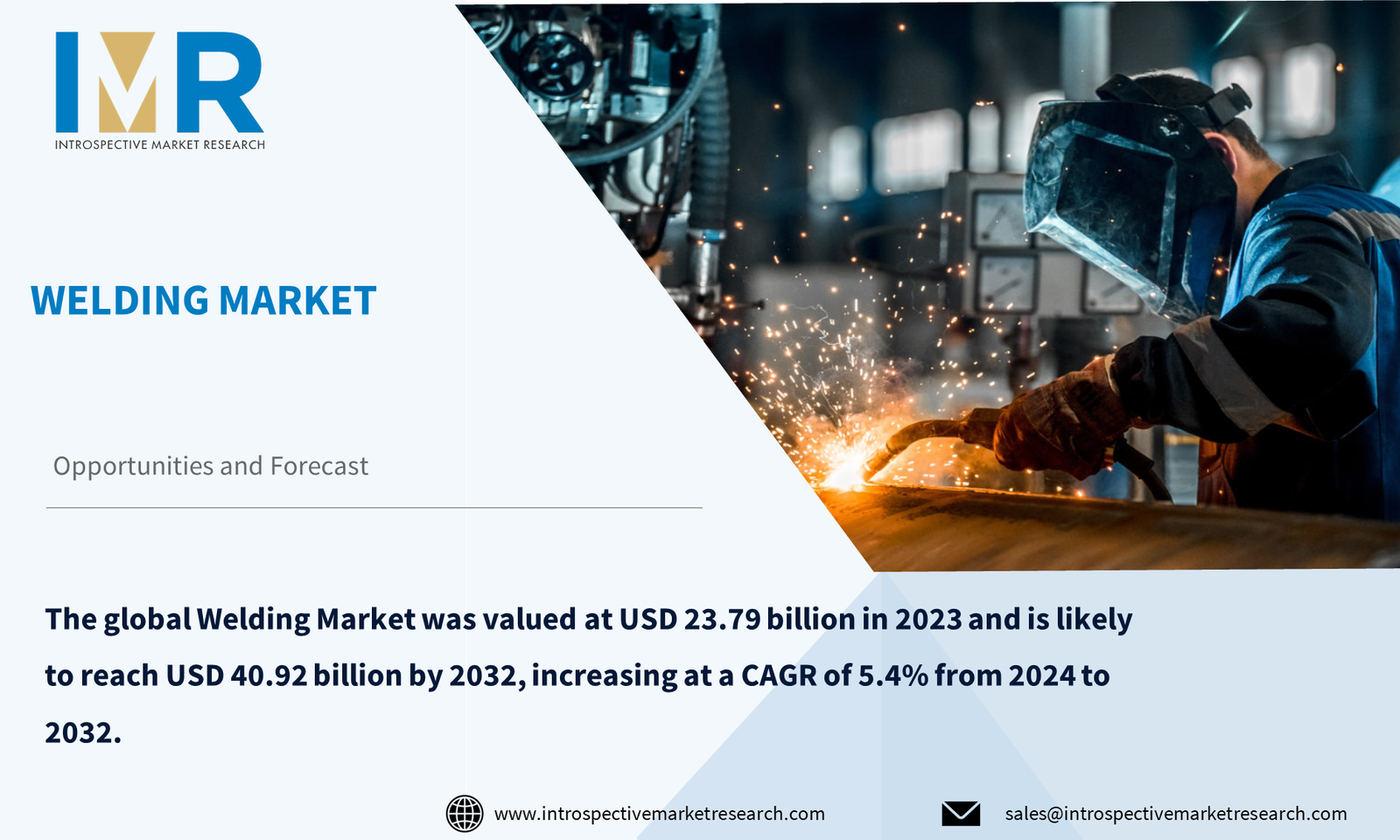Municipal Plastic Waste Management Market
According to a new report published by Introspective Market Research, titled, “Municipal Plastic Waste Management Market by Service, Polymer Type, Source, End User, and Region: Global Opportunity Analysis and Industry Forecast, 2024–2032,”
the global Municipal Plastic Waste Management Market size was valued at $ 21.4 billion in 2023, and is projected to reach $ 29.17 billion by 2032, registering a CAGR of 3.5% from 2024 to 2032.
Household plastic waste management is the organized and systematic handling, collection, recycling, and disposal of plastic wastegenerated in a municipality or urban area. This process aims to mitigate the environmental impact of plastic pollution, reduce the use of landfills, and promote sustainable practices through effective waste management strategies such as recycling programs, waste-to-energy initiatives, and public education campaigns.
Household plastic waste management concerns the processing of plastic waste generated in cities. The main goal is to maintain a clean environment and reduce the damage caused by plastic to the ecosystem. To reduce pollution and promote recycling, municipalities collect, sort, and process plastic waste. This contributes to making everyone's living environment healthier and more sustainable.
The significant increase in plastic waste production is the main catalyst for the rapid expansion of the household plastic waste management market. Urban areas, where the population is growing significantly and lifestyles are changing, are also seeing an increase in the production of plastic waste. This wave not only causes serious environmental problems but also requires urgent and effective waste management solutions at the city level. As the amount of plastic waste continues to increase, municipalities must adopt and improve waste management strategies that address the pressing environmental issues associated with plastic pollution.
The spread of extended producer responsibility (EPR) systems appears as an important opportunity to expand the market for domestic plastic waste management. Due to the increase in plastic waste, EPR programs provide a strategic framework to respond to environmental problems related to plastic pollution. These initiatives place an obligation on manufacturers and producers to control the entire life cycle of their plastic products, including for example collection, recycling, and proper disposal. As the amount of plastic waste continues to increase, the EPR becomes a necessary tool to encourage producers to actively commit to sustainable waste management practices.
The increase in the amount of plastic waste acts as a catalyst and increases the demand for even more comprehensive household plastic waste solutions. There is an opportunity to match EPR initiatives with municipal efforts to effectively manage the growing amount of plastic waste. This synergy not only addresses environmental aspects but also encourages cooperation between producers and municipalities to implement efficient collection and recycling systems. As plastic waste is emerging as a critical problem worldwide, the integration of EPR systems into municipal waste management strategies offers a suitable opportunity to create a more sustainable and responsible approach to plastic waste management.
Global Municipal Plastic Waste Management Market, Segmentation
The Municipal Plastic Waste Management Market is segmented based on service, polymer type, source, end user, and region.
Service:
The service segment is further classified into Collection & Transportation, Incineration, Recycling, and Landfills. Among these, the landfills sub-segment accounted for the highest market share in 2023. The expected dominance of the landfill segment in the Municipal Plastic Waste Management Market is attributed to its pragmatic and cost-effective waste disposal approach. Landfills offer a practical solution for municipalities to efficiently handle substantial quantities of plastic waste. With the continuous increase in plastic waste generation, the convenience of utilizing landfills becomes a significant factor in their anticipated prevalence. Landfill sites serve as accommodating spaces for significant amounts of plastic waste, presenting municipalities with a viable and readily accessible option to swiftly address the mounting challenge of plastic waste.
End User:
The application segment is further classified into Textile & Clothing, Packaging, Transportation, Building & Construction, Consumer Products, and Electrical & Electronics. Among these, the textile & clothing sub-segment is anticipated to show the fastest growth by 2032. The Municipal Plastic Waste Management Market sees the Textile & Clothing segment claiming the largest market share due to the substantial use of plastic-based materials in this industry. The disposal of textiles and clothing infused with plastic significantly contributes to overall municipal waste, establishing this sector as a key focus in waste management considerations. Given the fashion industry's persistent reliance on synthetic fabrics and materials derived from plastic, municipalities are compelled to devise effective waste management strategies specifically tailored for handling the considerable environmental impact associated with the Textile & Clothing segment.
Region:
The Municipal Plastic Waste Management Market in Asia-Pacific is projected to show the fastest growth by 2032. Asia Pacific is positioned to lead the Municipal Plastic Waste Management Market. The region's substantial population and rapid urbanization contribute to a significant rise in plastic waste generation, necessitating robust waste management strategies. As urban areas expand, there is an increasing awareness of the environmental impact of plastic pollution, leading governments and municipalities in Asia Pacific to prioritize effective plastic waste management initiatives. Additionally, economic growth and industrial development in the region result in a surge in plastic consumption, intensifying the need for efficient waste management practices to combat environmental degradation.
Some of The Leading/Active Market Players Are-
- Waste Management
- Republic Services
- Veolia Environment
- SUEZ
- Biffa
- Circularity Capital
- Biohm
- Remondis
- TOMRA Sorting Solutions
- Hitachi Zosen, and Other Active Players
Key Industry Developments
- In April 2024, BioEnergy Insight Pacific, in collaboration with the UNDP Pacific Accelerator Lab, launched the Trash Boom Pilot to combat plastic pollution in the Nadera River. Annually, 8 million tons of plastics enter our oceans, and Fiji contributes around 15,000 tons of plastic waste, with less than 10% being recycled.
- In January 2023, The United Nations Development Programme (UNDP) and Hindustan Unilever Limited (HUL) have partnered to launch an "Inclusive Circular Economy" project. The initiative focuses on end-to-end plastic waste management by promoting waste segregation at the source, collecting segregated waste, and establishing Material Recovery Facilities (MRFs) to recycle all types of plastic waste along the value chain.
Key Findings of the Study
- Landfills currently dominate the Municipal Plastic Waste Management Market due to their pragmatic and cost-effective waste disposal approach.
- The Textile & Clothing sector is anticipated to show the fastest growth in waste management needs due to the substantial use of plastic-based materials in this industry.
- The Asia-Pacific region is projected to lead the Municipal Plastic Waste Management Market, driven by substantial population, rapid urbanization, and increasing awareness of environmental impacts.
